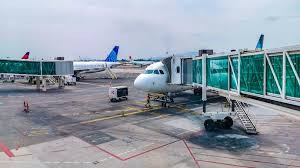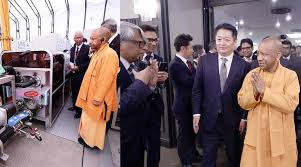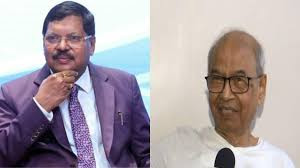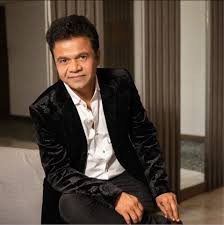Canadian PM Mark Carney Discusses Nijjar Case with PM Modi at G7, Urges Caution and Cooperation
IIE DIGITAL DESK : The sidelines of the G7 summit, Canadian Prime Minister Mark Carney held a significant meeting with Indian Prime Minister Narendra Modi to address the ongoing diplomatic strain between the two nations over the controversial Hardeep Singh Nijjar case. In a message marked by restraint and realism, Carney emphasized the need for both countries to be "careful and cooperative" in handling the sensitive matter that has strained bilateral relations in recent months.
The conversation between the two leaders came amid sustained tension following Canada's earlier allegations of a potential link between Indian government agents and the killing of Hardeep Singh Nijjar, a pro-Khalistani activist, on Canadian soil in June 2023. The incident drew global attention and pushed Canada–India relations to a low point, resulting in the expulsion of diplomats from both sides and a pause in formal bilateral engagements.
Who recently took over as Canada’s Prime Minister following internal political shifts, used the meeting to reset the tone of dialogue. According to diplomatic sources, he conveyed that while Canada continues its investigation into the Nijjar case, it wishes to approach the matter responsibly, acknowledging the need for stronger intelligence-sharing protocols and legal cooperation rather than escalating public rhetoric.
Carney reportedly assured Modi that Canada has no intention of allowing its soil to be used as a platform for extremist movements that threaten the sovereignty of another country. This statement appears to signal a subtle policy shift from the earlier stance under Prime Minister Justin Trudeau, who faced criticism for being perceived as lenient toward pro-Khalistani elements within Canada’s Sikh diaspora.
Prime Minister Modi, while welcoming the opportunity for dialogue, reiterated India’s concerns over the continued presence of extremist elements in Canada and their involvement in anti-India propaganda and activities. He stressed that such actors not only threaten India's national security but also disrupt Canada’s own law and order situation.
Modi urged Canada to take firm action against individuals and groups inciting violence or spreading separatist agendas under the guise of free expression. He emphasized that mutual respect for sovereignty and non-interference are foundational to a strong bilateral relationship.
The meeting did not produce any immediate breakthroughs but was considered a constructive step forward by both sides. Officials described the interaction as “frank and forward-looking,” with both leaders agreeing to re-establish diplomatic channels and resume working-level talks to address mutual concerns.
The Nijjar case has drawn international scrutiny, especially after Canadian intelligence agencies claimed they were investigating possible Indian links to the killing. India has categorically denied any involvement and accused Canada of harboring fugitives and extremists who pose a threat to India’s territorial integrity.
With Mark Carney at the helm, there appears to be a renewed effort in Ottawa to ease tensions while ensuring justice is served in the Nijjar case through transparent legal procedures. His meeting with Modi reflects an attempt to bridge gaps and avoid the further deterioration of a historically strong relationship built on trade, education, and people-to-people ties.
Experts say that both India and Canada stand to gain from a diplomatic thaw. Canada is home to one of the largest Indian diasporas in the world, including a significant Sikh community. Meanwhile, India remains a key partner for Canada in the Indo-Pacific region, particularly in terms of trade diversification and geopolitical cooperation.
As the G7 summit concluded, both leaders reportedly agreed to continue discussions in the coming months and explore possibilities of resuming dialogue through their respective foreign ministries. The Nijjar case remains unresolved, but the meeting at least marks a shift away from open confrontation toward cautious diplomacy.
You might also like!



























